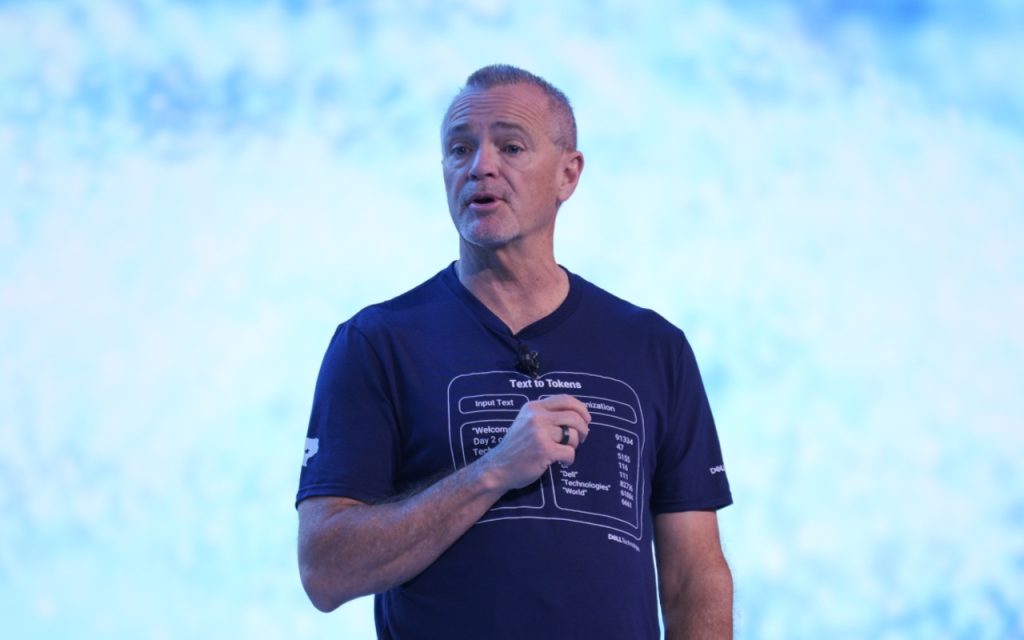Organizations of all sizes are navigating the complexities of adopting generative AI (GenAI), often questioning how to begin and how to manage associated resources like power and cooling. Jeff Clarke, Vice Chairman and COO of Dell Technologies, reassures companies that the path to AI may be more straightforward than anticipated, especially given the rapid advancements in the AI sector over the past year.
Understanding the AI Journey
During a keynote at Dell Technologies World in Las Vegas, Clarke emphasized the potential for AI capabilities to be within reach for many businesses. He noted that common queries arise during customer meetings regarding the initiation of AI projects, data readiness, use case selection, return on investment (ROI), budgeting, and infrastructure concerns. Clarke shared that Dell faced similar challenges when it embarked on its own AI journey two years ago.
Establishing a Solid Foundation
Dell discovered it had over 900 ongoing GenAI projects, but struggled with data governance and a cohesive strategy. Addressing these issues, the company implemented a structured approach, appointing a chief AI officer and creating an operational framework, which eventually led to the establishment of the Dell AI Factory.
Clarke illustrated success with a case study involving a support assistant built from various datasets. Leveraging AI methods like machine learning, deep learning, and prompt engineering, Dell maximized productivity and customer satisfaction without the need for advanced equipment or significant resource allocations. The GenAI application ran on-premises, utilizing existing data storage solutions without necessitating extra power or cooling, achieving ROI in under three months.
Key Use Cases for GenAI
Clarke identified six essential use cases for leveraging GenAI in businesses: support services, content creation and management, natural language search, design, code generation, and document automation. He stressed the urgency for companies to adapt quickly to remain competitive in this rapidly evolving landscape.
Discussing Future Prospects
In a discussion with CoreWeave Co-Founder Brian Venturo, Clarke explored the overarching concept of “Big AI,” highlighting the need for investment in infrastructure rather than seeking a single “killer app.” Venturo conveyed that AI’s influence would manifest in subtle yet significant ways in everyday life.
Innovations in Data Management
Arthur Lewis, president of Dell’s Infrastructure Solutions Group, introduced the Dell AI Data Platform, which includes Project Lightning tailored for advanced AI workloads and partnerships with Google for exclusive on-premise access to Gemini models. The integration of Cohere’s North platform aims to streamline the deployment of AI agents with a focus on data security and control.
Empowering Edge Computing
Sam Burd of Dell’s Client Solutions Group emphasized the importance of investing in AI PCs that facilitate edge computing by bringing AI capabilities directly to users. He highlighted the upcoming Dell Pro Max Workstation, featuring an enterprise-grade discrete NPU, which will enable powerful AI processing on laptops.
Accelerating AI Adoption
Clarke concluded the session by affirming the rapid evolution of AI technologies and Dell’s commitment to supporting enterprise AI initiatives. He expressed confidence in Dell’s capabilities and partnerships, paving the way for organizations to effectively harness the power of generative AI in their operations.

